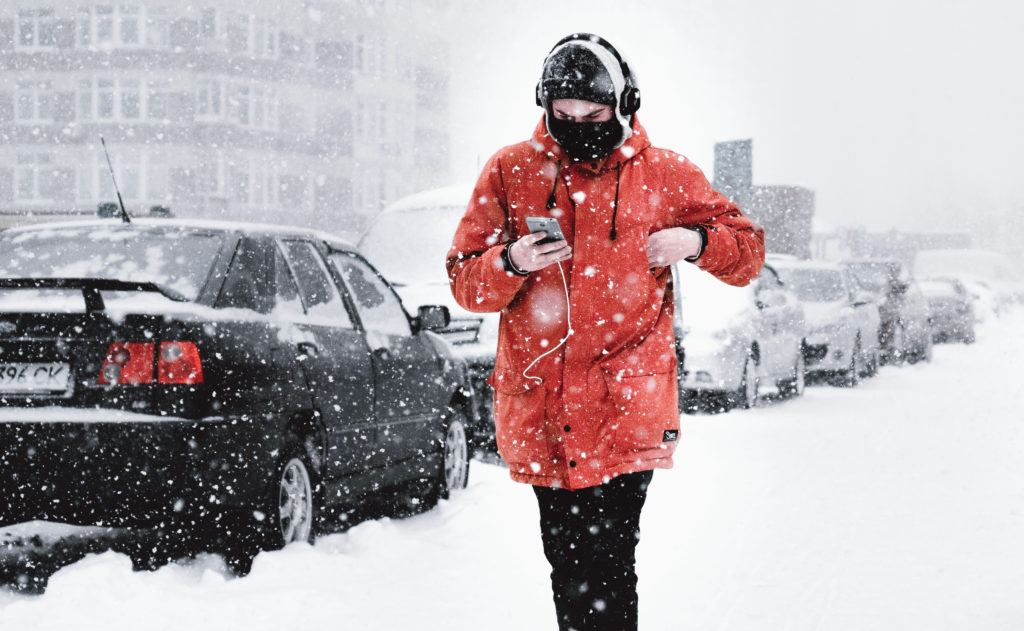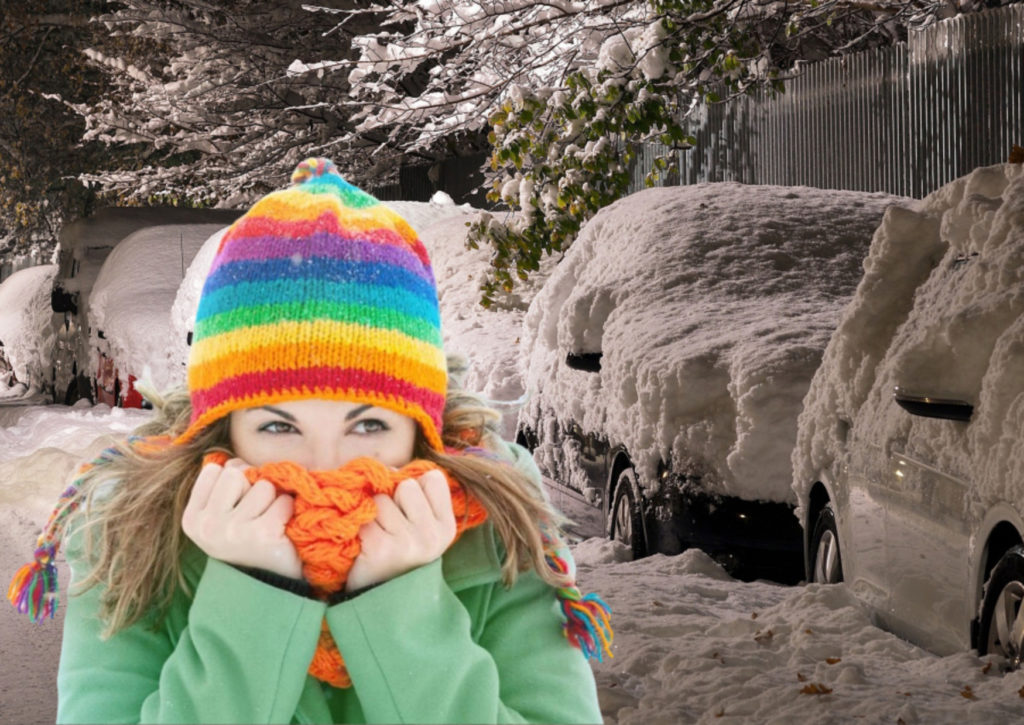
My cousin Nicholas loves winter, cold, and snow, so he moved from Florida to Alaska 25 years ago. Nicholas is a man who is never sick. He says the cold air helps keep his immune system strong. In addition, he thinks the cold helps keep his spirits up, and he doesn’t have to worry about hot summer days.
As far as the human body is concerned, neither cold nor hot is necessarily superior to the other. Some, like Nicholas, find the energy and vitality gained from exposure to more extreme weather conditions to boost their daily activities significantly. Others prefer to avoid situations where their body temperature drops too low.
Our bodies are optimized to function best when the ambient temperature is near 21 degrees Celsius, which is usually the temperature in which we feel most comfortable.
Winter is suitable for losing weight, because physical exercise under colder climates requires less muscular effort than in superheated environments. But, from dry skin to the fatigue that sometimes overwhelms us, we are all exposed to the harmful effects of the cold, a threat to our health if we do not take the proper precautions. For example, it is necessary to wrap up warm to maintain body heat, which prevents common injuries, such as hypothermia and hypoglycemia.
Freezing weather is challenging, but there are intelligent ways to make it more bearable. These helpful tips will help you cope with the winter cold.
1 Wear clothing made of fabrics, such as wool, which is ideal for blocking the cold outside and preventing the loss of body heat. It would be best if you kept your hands and feet warm with thick gloves and padded socks. And protect the ears, which are sensitive to low temperatures. The key to choosing breathable fabrics is that they allow us to move quickly, without getting too hot or cold.
2 Keep your body hydrated. Drinking a glass of water after waking up helps give you energy during the day. Furthermore, be sure to drink water at work and home, along with coffee or soft drinks.
3 Acclimate your body. To get used to the cold, you must go outside, even if the temperature is shallow. If it’s fall or winter, or if you live in an area where it’s cold year-round, spend a few hours outdoors every day. Eventually, you can be outdoors for more days without being affected by the temperatures.
4 Take cold showers. It may be highly unpleasant, but it’s an excellent way to build your body’s tolerance to cold temperatures. It’s also the closest we will ever experience diving in the Arctic. You could alternate between hot and cold water to get used to the temperature changes.
5 A diet balanced in healthy proteins, fats, and carbohydrates, such as lean meats, dairy products, whole grains, and vegetable oils, is a proven method of coping with winter without unnecessarily stressing the heart and digestive system.
6 By engaging in an aerobic exercise program, your heart and lungs can circulate oxygen-rich blood, and your body will function better.
7 Think of other cooler places. With this mental trick, thinking that there are people who live without complaining in areas as cold as Antarctica or Siberia, a winter night in your city or town will no longer seem so hard.
What are cold illnesses? Numerous illnesses characterize winter. The most common winter illnesses are the common cold, influenza, gastroenteritis, and respiratory syncytial virus (RSV).
The common cold is the most widespread winter illness caused by a virus affecting the respiratory system. Symptoms include mild headaches, fever, and runny nose.
Influenza comes on quickly and persists longer than colds, bringing more severe symptoms such as fever, body aches, headache, chills, and sore throat—also, gastroenteritis and norovirus cause symptoms such as nausea, vomiting, diarrhea, and abdominal pain.
Finally, RSV is a virus that can cause bronchiolitis and pneumonia in young children. Therefore, it is essential to take preventive measures against these diseases by getting vaccinated and taking other precautions, such as washing hands and avoiding large concentrations of people.
ENCYCLOPEDIA. Winter.
